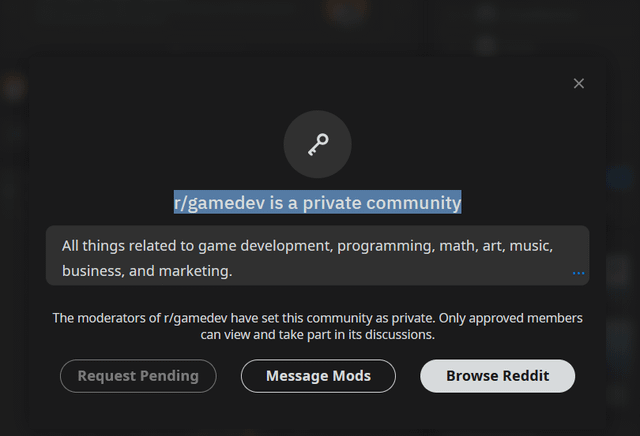Unity's Runtime Fee Debacle: Has the Engine Giant Fractured the PC Gaming Ecosystem?
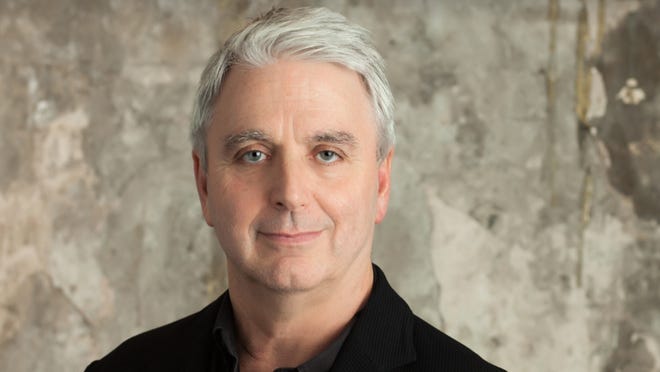
The gaming world was shaken recently by Unity's announcement of a new Runtime Fee policy, a decision that sent shockwaves through the indie developer community and beyond. As a seasoned observer of the PC gaming landscape, I've seen trends come and go, but this feels different. It's not just a fleeting controversy; it's a potential fracture point that could reshape the entire game development ecosystem. The Unity Runtime Fee, particularly the per-install charge and its retroactive application, has sparked outrage, forcing Unity to partially backtrack but leaving deep scars of distrust. Is this the end of an era for Unity's dominance, or can the company rebuild bridges with its user base?
The Unity Runtime Fee: A Deep Dive
The Unity Runtime Fee, in its initial form, was a policy change that would charge developers a fee for each time their game is installed. This fee, applied after certain revenue and install thresholds were met, was intended to provide Unity with a new revenue stream. However, the implications, especially for free-to-play games, heavily modded titles, and games with ongoing sales, were immediately apparent and deeply concerning. The fact that these fees were to be applied retroactively to games already released amplified the controversy.
Indiepocalypse? Cult of the Lamb's Perspective
The indie game community, known for its creativity and resilience, has been particularly vocal in its criticism. Massive Monster, the developers behind the hit indie game Cult of the Lamb, voiced their concerns publicly.
Their sentiment echoed across social media, with a post stating: "This new Unity tax could bankrupt our studio. We're still trying to figure out what it means for Cult of the Lamb, but it's definitely not good." Such direct statements highlight the immediate and potentially devastating impact of the Unity Runtime Fee on indie developers who rely on long-tail sales and game subscriptions. The fear is real: will innovative and unique titles like Cult of the Lamb become unsustainable under this new model?
Cities: Skylines II and the Modding Conundrum
The timing of the announcement, just before the release of Cities: Skylines II, added fuel to the fire. The Cities: Skylines franchise is renowned for its vibrant modding community, which significantly extends the lifespan and appeal of the games.

The Runtime Fee threatened to penalize developers and players for installing mods, as each mod installation could potentially trigger a fee. This raised serious questions about the future of modding support and the economic viability of games that rely on user-generated content. The impact of Unity's changes on Cities Skylines 2 development remains a major concern for the PC gaming community.
Industry Expert Weighs In
Rami Ismail, a well-respected voice in the indie game development scene, has been a vocal critic of the Unity Runtime Fee.
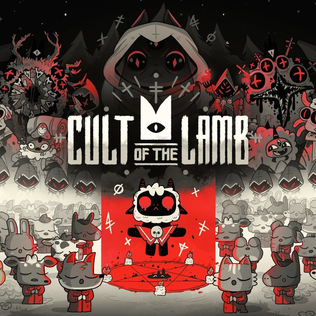
He stated, "The biggest damage is the trust. You can't build a community on a foundation of fear. The Unity pricing controversy damaged trust in the company." His words encapsulate the sentiment of many developers who feel betrayed by a company they have long supported. Rami's insights highlight the long-term ramifications of this decision, extending far beyond the immediate financial implications.
A Developer's Nightmare: The Human Cost
To understand the impact on smaller developers, I spoke with Jordan Sterling, a solo developer working on a pixel-art RPG called "Echoes of Aethel," slated for Steam release using Unity.
Question: How did you initially react to the Runtime Fee announcement?
Answer: "My heart sank. I've been pouring my savings into 'Echoes of Aethel' for two years. The potential install fees could completely wipe out any profit, especially if the game has long-term appeal. It's like changing the rules mid-game."
Question: Are you considering switching game engines?
Answer: "I'm seriously looking at Godot Engine. It's a massive learning curve, but the open-source, royalty-free model is incredibly appealing right now. I don't want my livelihood depending on the whims of a corporation."
Jordan's experience is not unique. It underscores the very real fear and uncertainty that many indie developers are facing. His consideration of switching to Godot speaks volumes about the level of distrust the Unity Runtime Fee has generated.
Community Uprising: Voices from the Trenches
The online community has been ablaze with criticism and concern. On the Unity subreddit (r/Unity3D), users expressed their frustration and fear. One user commented, "I've spent years learning Unity, but I can't justify sticking with it anymore. This is a betrayal."
On the Steam forums for Cult of the Lamb, a player wrote, "I love this game, but I'm worried about the developers. I hope they can weather this storm."
Such comments paint a clear picture of the Unity developer backlash and its potential consequences for both developers and players.
Godot Engine: A Rising Star?
In the wake of the Unity controversy, Godot Engine, an open-source, royalty-free game engine, has seen a surge in interest. Its open-source nature and developer-friendly licensing model have made it an attractive alternative for developers seeking stability and control.
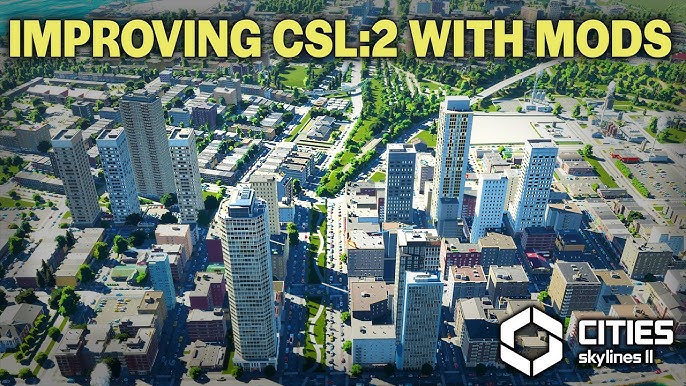
Several developers and studios have publicly announced their switch to Godot, citing the Unity Runtime Fee as a major factor. Games with similar styles to Cult of the Lamb are readily achievable within Godot. Tunic, Bounty Star and Cruelty Squad are some notable titles. This exodus highlights the growing appeal of alternative game engines in the face of Unity's policy changes.
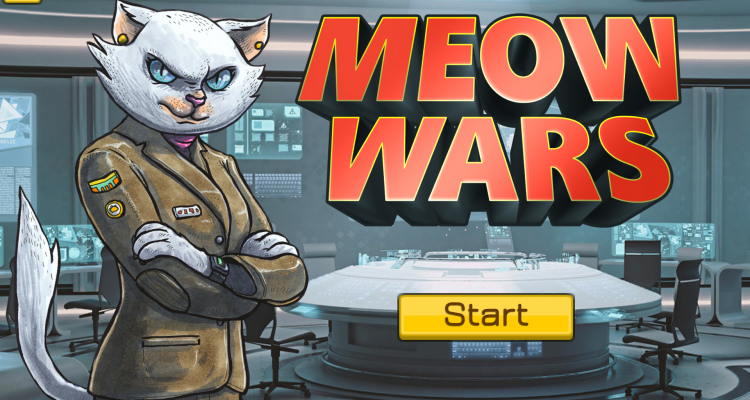

Partial Retraction: Too Little, Too Late?
Unity has since attempted to address the concerns, issuing a partial retraction of the Runtime Fee policy. These changes include allowing developers to self-report install numbers and limiting the fee to 2.5% of revenue. However, the damage has been done. The initial announcement eroded trust and left many developers questioning Unity's long-term commitment to its community. The impact of the Unity Runtime Fee will linger for a long time, even if these adjustments mitigate the immediate financial burden.
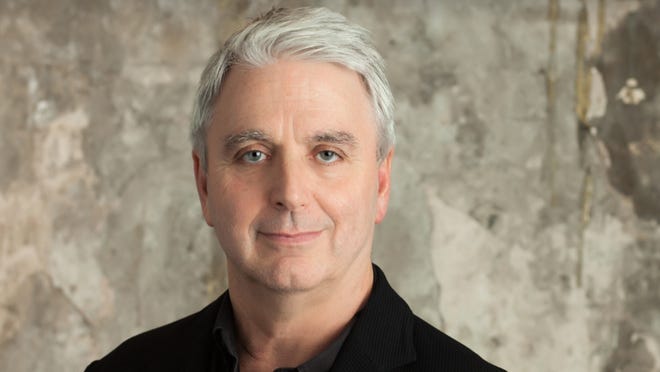
The Future of Game Development
The Unity Runtime Fee debacle serves as a crucial reminder of the importance of transparency, developer support, and fair business practices in the game development industry. Game engine providers must prioritize the needs of their users and foster a collaborative ecosystem built on trust. While Unity has attempted to course-correct, the long-term consequences of this decision remain to be seen. This situation underscores the resilience of the PC gaming community and its unwavering dedication to creativity and innovation. It is a space of ever evolving landscape and we must continue to adapt.
Ultimately, it's crucial to monitor this ongoing story, support indie developers where we can, and ensure the future of PC gaming remains vibrant and accessible. Learn more about game development, review engine licensing alternatives, and support indie game developers by purchasing their games.
